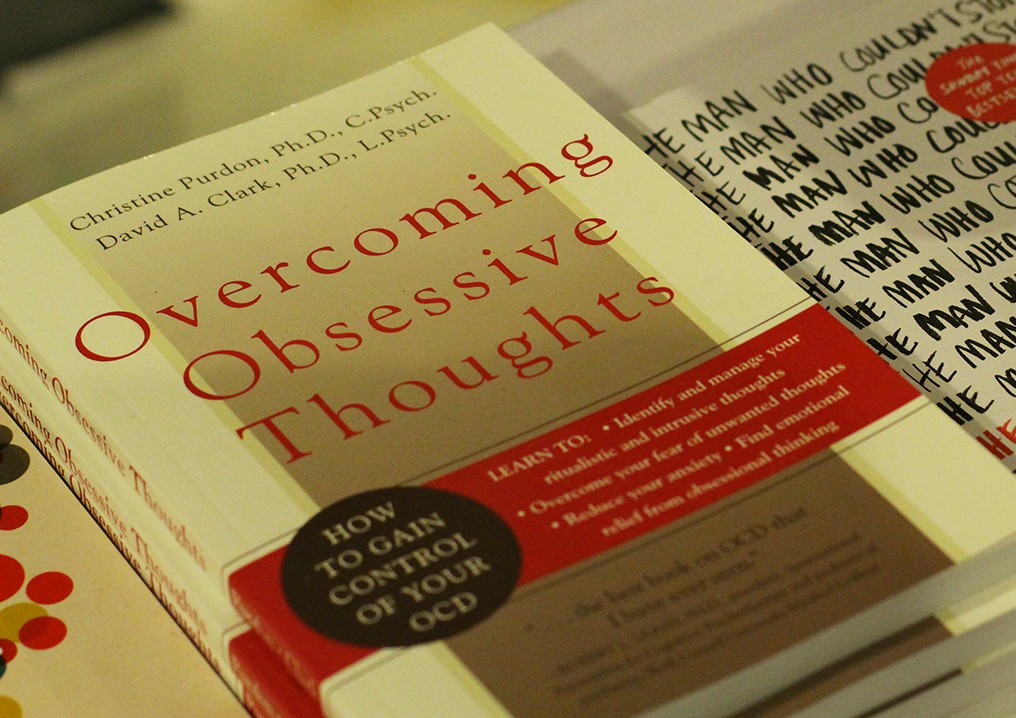
Suppose you have intrusive thoughts regarding your sexual orientation. This is not the same as someone who knows they are attracted to the same sex. Many people have unwanted intrusive thoughts that make them question their sexual orientation. Read more on Religious OCD Sexual identity Or even believe the thoughts–“Why would I be having them if I haven’t done…….?” They are just thoughts. They are more than likely to see them sign that something must be wrong with them to have such ideas. Most people that I work with find it difficult to see these as harmless thoughts. Strong urges to misbehave during services. These include inappropriate sexual thoughts regarding religious people or figures. This does not mean you will carry this out instead, see it as one symptom of OCD. It can comprise an impulse to be aggressive to someone or cause physical harm. Again, these thoughts are distressing as they may include the fear that you may hurt someone, even though you have probably never hurt someone. These may involve causing harm to yourself or others. Read more on Postpartum OCD and also POCD. These thoughts can occur in postpartum depression and are part of mental illness instead of reflecting on you as a person. This can include unwanted thoughts that you could cause harm to your child. These intrusive thoughts or mental images are distressing, as you may have unwanted thoughts that could harm a child somehow. Even though you have not carried out the act, the idea of it may cause you to feel aroused.Īrousal does not mean that it is true it is a normal physiological response. These types of thoughts can be distressing, as arousal is involved. These can include thoughts or mental images of violent sexual acts, sex with inappropriate people or things, questioning your sexual identity or any sexual idea that cause you distress. Sexual this includes your sexual identity and inappropriate sexualised thoughts.Įxamples of intrusive thoughts Sexualised thoughts.The content of intrusive thoughts can fall into to following themes. They are disruptive to the person in that they can interrupt what the person is doing and their flow of thought. Intrusive Thoughts refer to unintentional and distressing thoughts, impulses or images that are both difficult to control and unwanted. This stigma may render the person with intrusive thoughts less likely to seek treatment or disclose their suffering. This lack of attention may be due to a shame or stigma surrounding more taboo content (Glazier et al., 2015).4 According to Cathey & Wetterneck, (2013) 5, the public finds more taboo thoughts socially unacceptable. The public perception of OCD and most research covers contamination, symmetry, and responsibility for harm, with less understanding or awareness of intrusive thoughts. (2010 3), the thoughts fall under several categories. Most people know that OCD consists of obsessions and compulsions, but the content of the obsessions varies.

The remainder of this article shall discuss the intrusive thoughts that occur as part of obsessive-compulsive disorder.

The mental flashbacks associated with post-traumatic stress are one of the significant symptoms of PTSD. You may experience postpartum OCD with anxiety-related thoughts that make you think you could harm your baby, which causes intense distress. Did I lock the door? Have I done something terrible in the past? People with OCD experience intrusive thinking when they are thinking, for example.



 0 kommentar(er)
0 kommentar(er)
